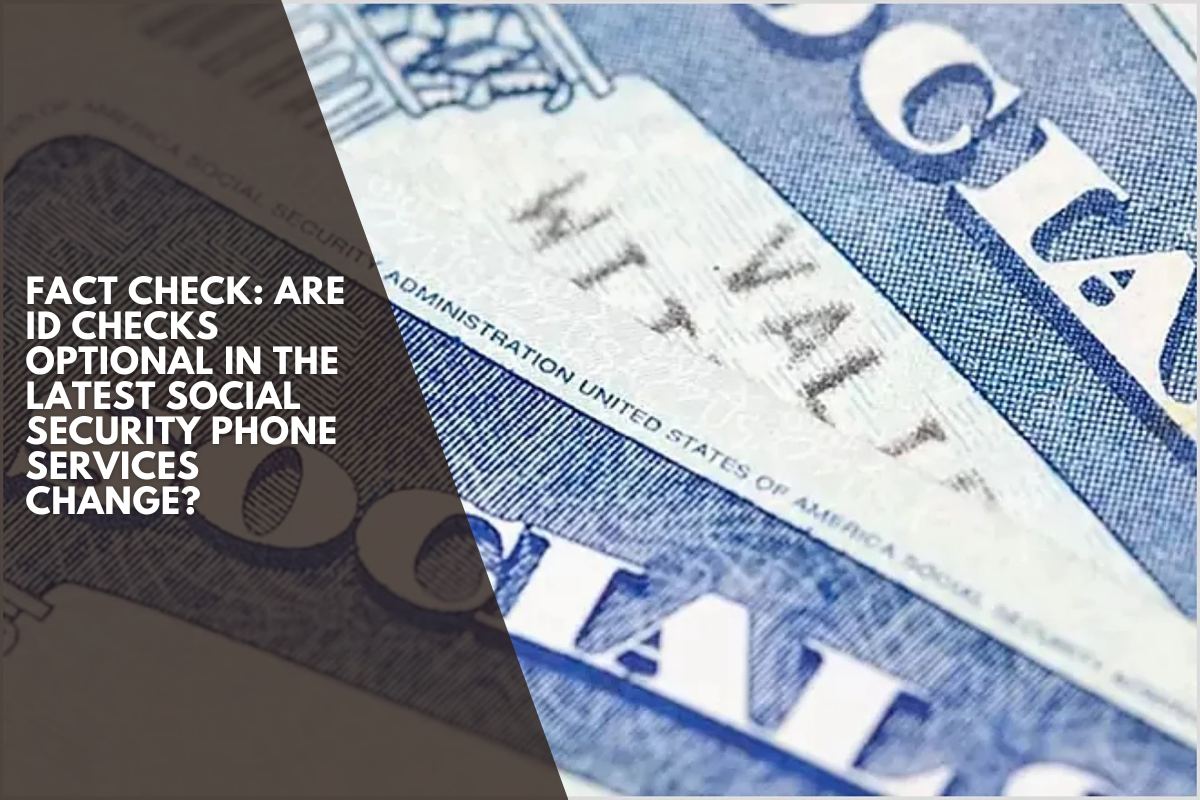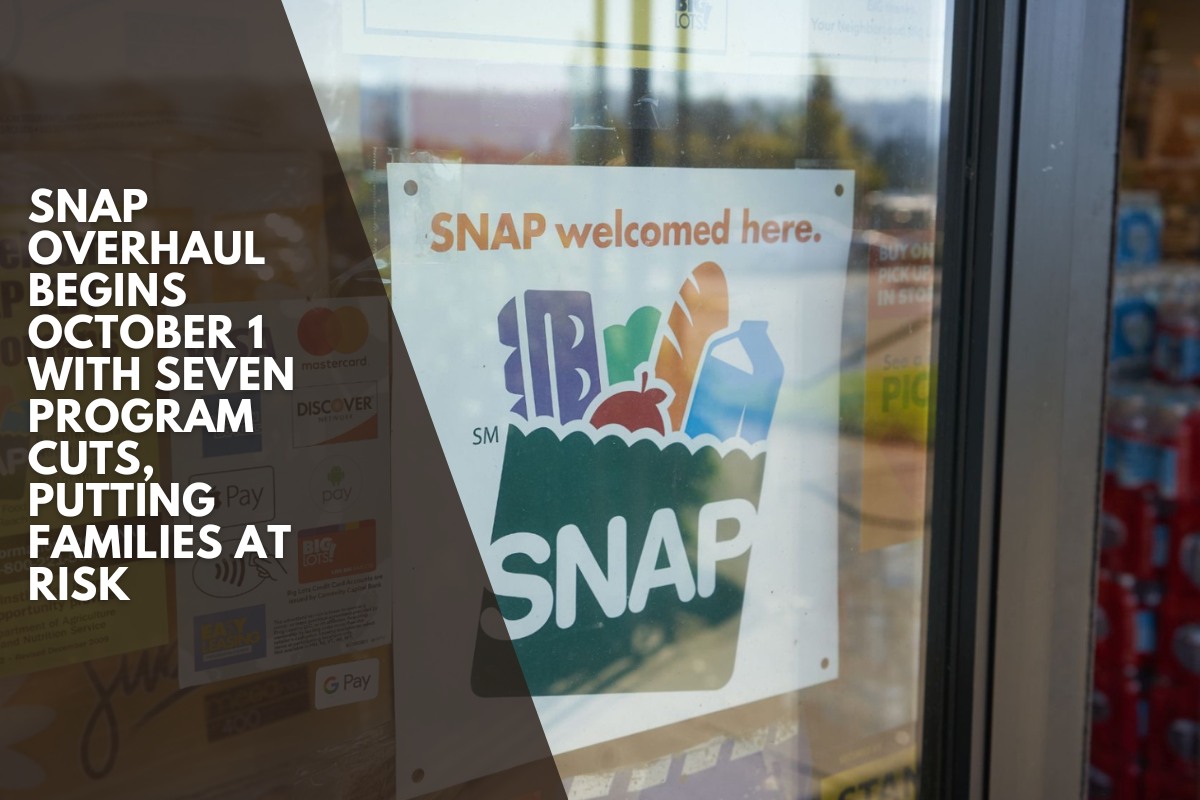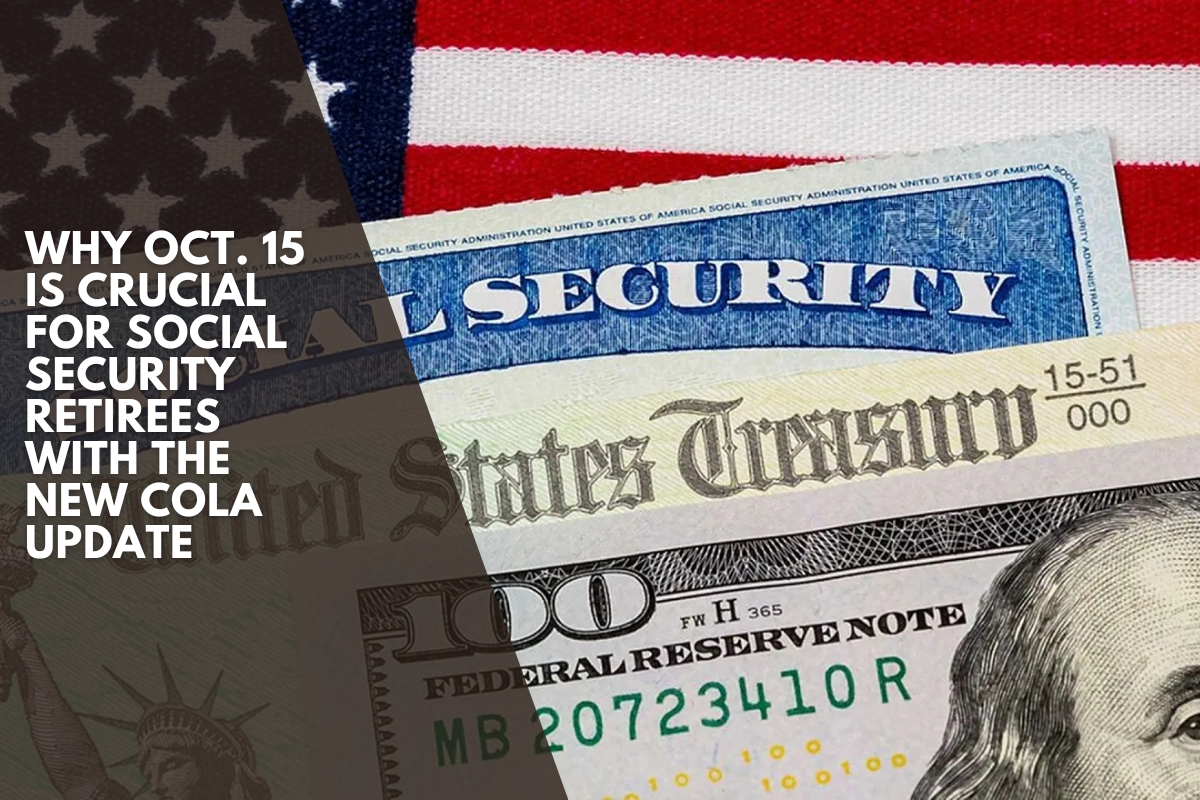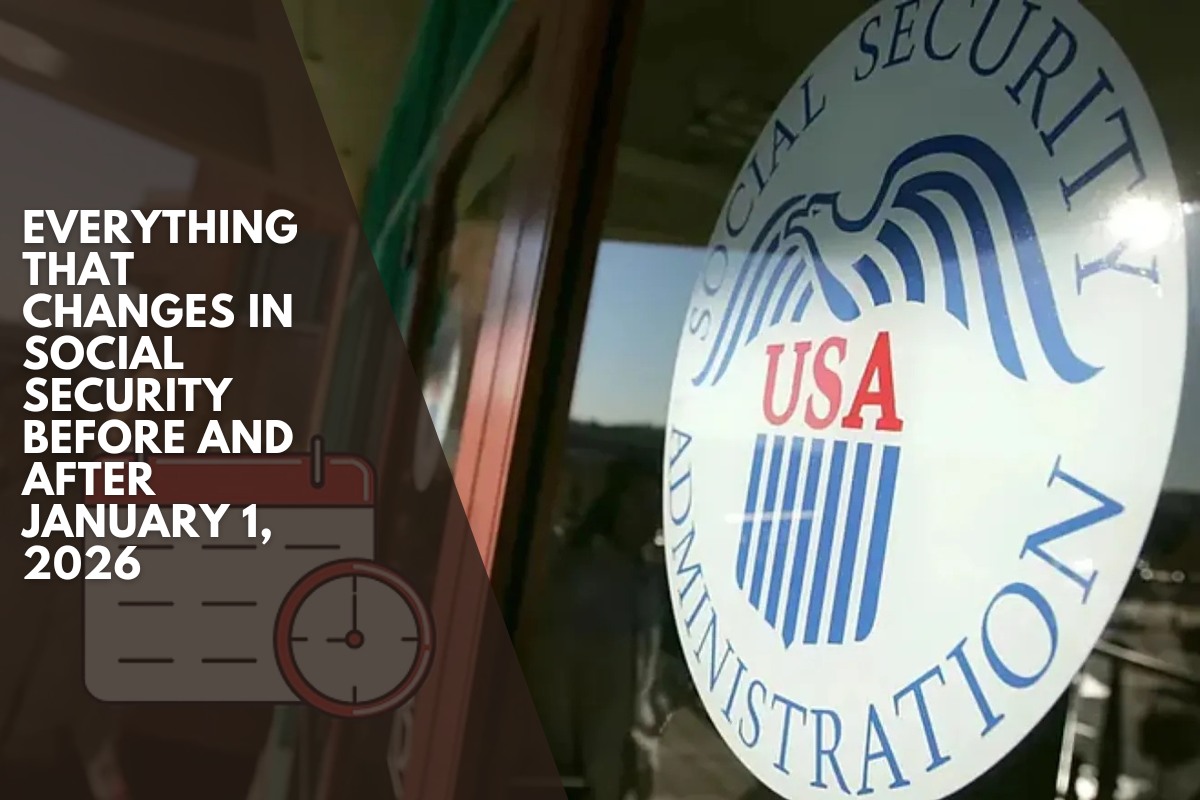The Social Security Administration is withdrawing a contentious policy proposal that would have required millions of Americans to verify their identity using a one-time PIN when calling the agency’s national phone line.
The rule, which sparked widespread concern among advocacy groups and retirees alike, will no longer be mandatory, the Social Security Administration has confirmed.
Initially, the agency proposed that beginning in August, anyone calling to update personal information, check the status of benefits, or request forms must first obtain a Security Authentication PIN (SAP) from their online “my Social Security” account before completing their call.
Organizations such as the AARP and the Center on Budget and Policy Priorities slammed the plan, claiming that it would have forced millions of seniors and disabled Americans to visit field offices in person.
According to SSA estimates, the now-abandoned mandate could have resulted in over three million additional visits to Social Security offices each year, overwhelming a system already plagued by long wait times and staffing shortages.
SSA backpedals on PIN requirement after public outcry
In response to growing concerns, the SSA announced in late July that the SAP system would remain completely voluntary. “The policy is being updated to clarify that the PIN feature is optional,” an SSA spokesperson told Nextgov.
“Callers who prefer not to use the SAP will still be able to verify their identity using current phone procedures.”
This clarification provides relief to many older Americans who were concerned that the change would make it more difficult to receive Social Security benefits, particularly in rural areas with limited digital infrastructure or for people with disabilities that prevent online access.
Rather than forcing callers to use the SAP system, the agency is now encouraging users with online accounts to use the PIN to shorten call times.
The SSA claims that verifying a SAP typically saves about three minutes per call, though it is still one of several authentication methods available.
This reversal is the latest in a string of policy changes aimed at modernizing identity protection while maintaining accessibility. Earlier this year, the agency made online verification required for more sensitive actions, such as changing direct deposit information or applying for benefits.
However, exceptions were made for SSI recipients and certain Medicare enrollees.












